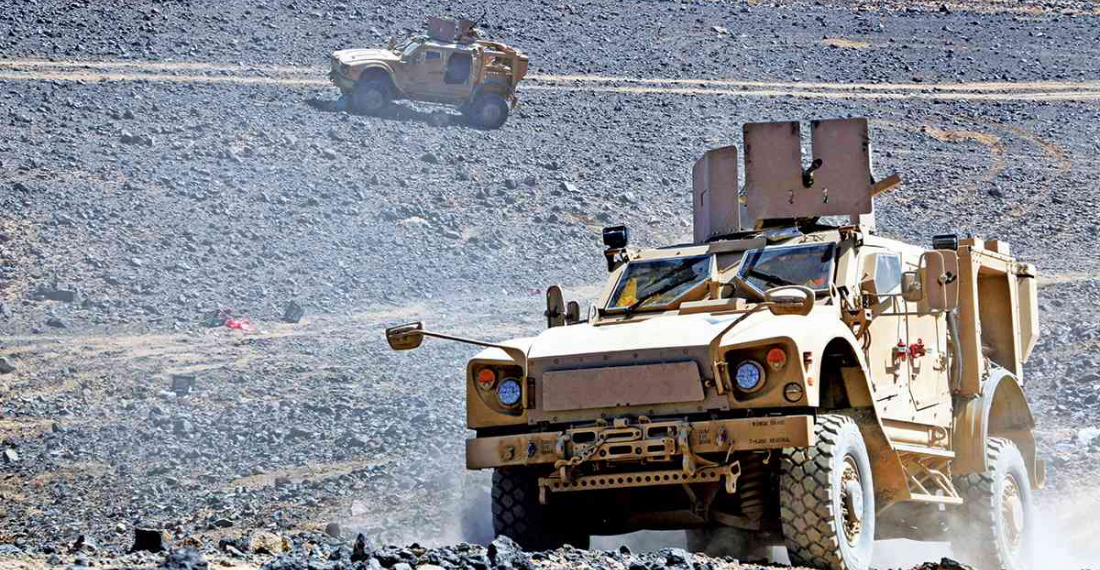Fighting broke out in Hodeidah province on Yemen's west coast between pro-government forces and Houthi forces on Sunday. Sources suggest that fighting started as early on Saturday and escalated the following day with the use of heavy weapons.
The fighting infringes a ceasefire brokered after peace talks in Stockholm. Both sides initially pulled back from the front lines but several breaches of the cease fire have also occurred in the past.
Pro-government forces control a strip of land from the southern city of Mocha up towards the outskirts of Hodeidah city. Both groups can essentially cut supply lines and encircle each other. The UN has repeatedly warned that fighting on the west coast can disrupt supply chains for humanitarian aid.
The clashes come only days after the US announced that it will designate the Houthi group as a terrorist organisation, a measure that some consider may complicate humanitarian operations and peace-building initiatives.
Yemen’s prime minister, Maeen Abdul Malik, said that the cabinet will address any impact on the humanitarian situation following the US designation. He has also called for the international community not to surrender to “Houthi blackmailing” and intimidation.







